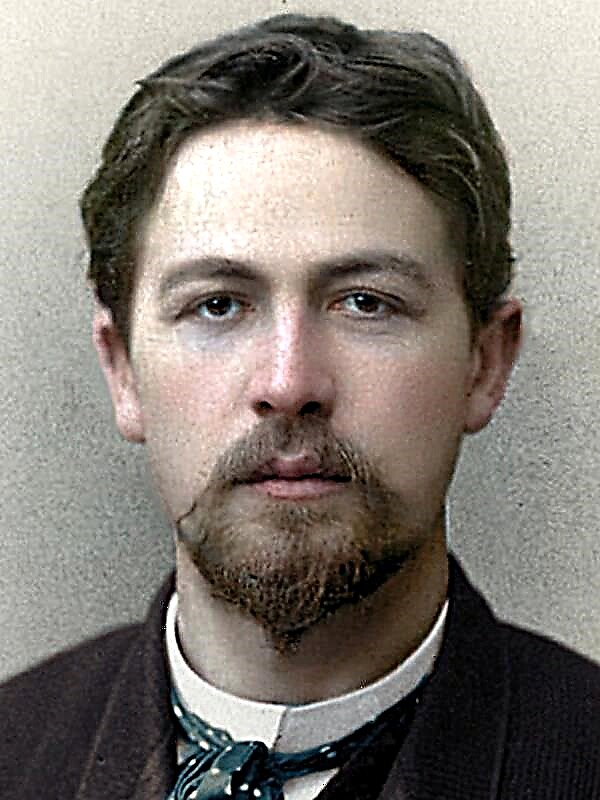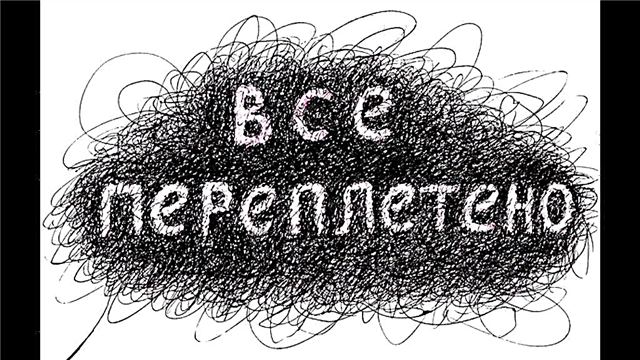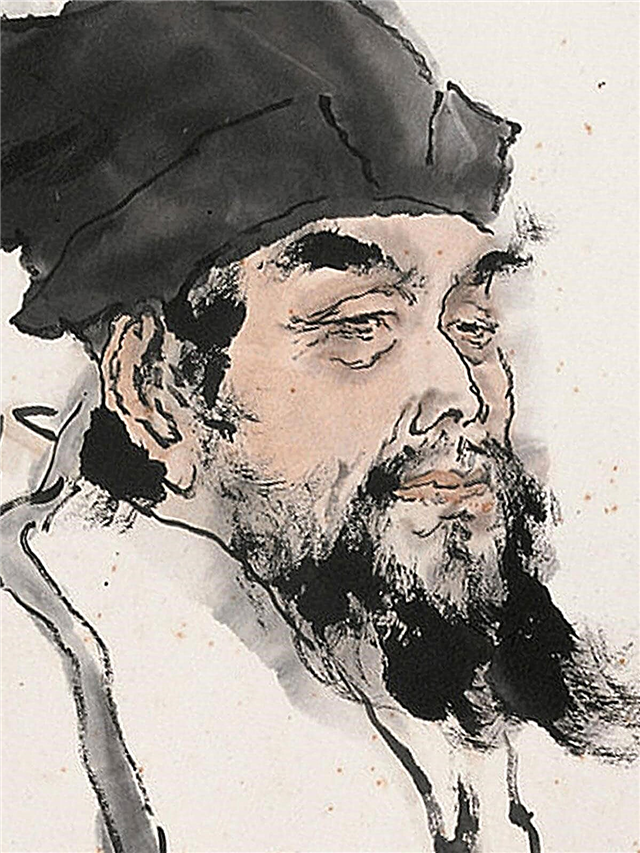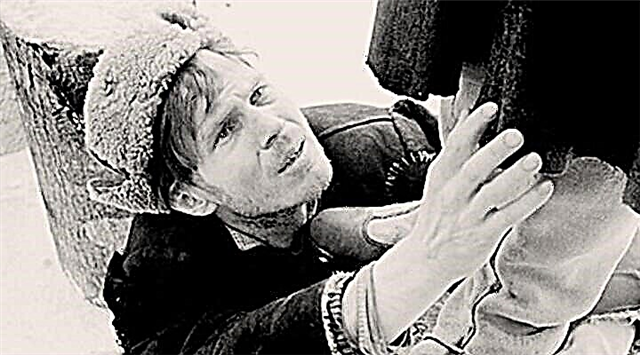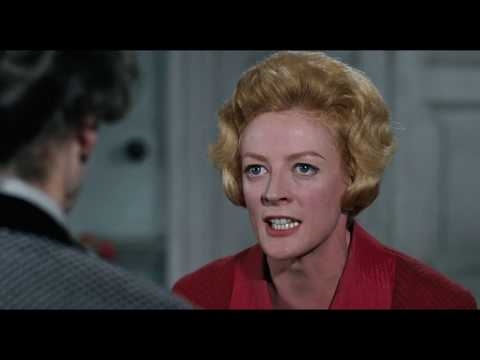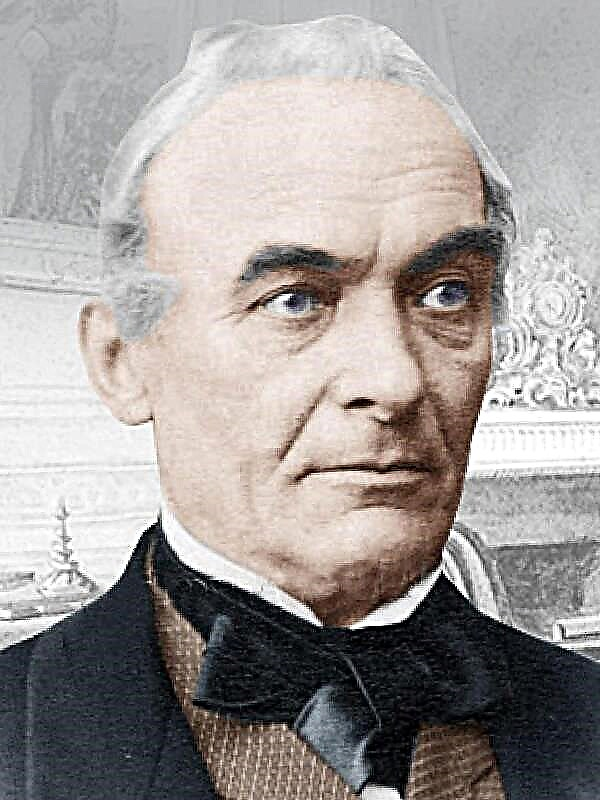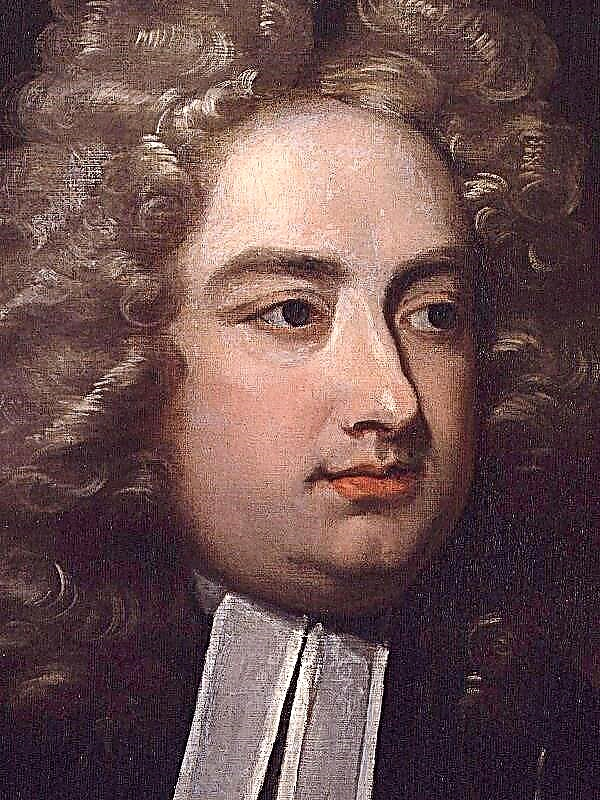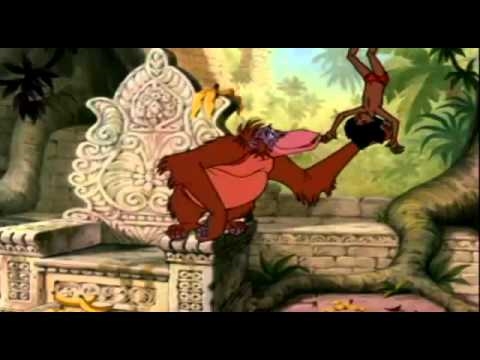(123 words) Conscience is the exactingness of the soul, which requires a person to commit exclusively moral acts.
In the proposed text of R.P. Pogodin, Mishka forcibly snatched an album intended for a teacher from Sima’s hands. Later, the hero realized the injustice of his act, this awareness began to torment him. In the end, he decided that it was necessary to fix the problem he created, and returned the drawings. To this he was forced by a raging conscience.
Another example was described by N. Karamzin in the novel “Poor Liza”. Erast, who, through his betrayal, destroyed the poor peasant woman, regretted what had happened all his life. He deceived the trust of his beloved and left her to the mercy of fate, after which she drowned. But his conscience was awakened in him too late: the heroine of his complaints can not be returned.
Thus, conscience reflects the inner discord of a person between the desire for the good and the propensity for the bad.
Example from the movie: In V. Menshov’s film “Moscow Doesn’t Believe in Tears,” the hero felt a reproach of conscience when he met his ex-lover and found out that she had a child from him. Rodion decided to get acquainted with Sasha, to make amends to his daughter, who even knew him. He regretted that he had listened to his mother and had not married Katerina. However, this feeling was belated: the adult daughter did not accept the remorse of the unknown pope.
Example from personal life: Once a friend told me how he broke his mother’s favorite cup. No one thought of him, but his mother blamed his younger sister, who was distinguished by a playful character. The brother could not immediately overcome fear and shame, but nevertheless admitted his deed. He was praised for his honesty, but he still received his punishment for misconduct. I also believe that acting in good conscience is the norm, it does not need to be highlighted somehow.
Example from the story: In 1954-1956, Nikita Khrushchev, being the receiver of I.V. Stalin, decided to create audit commissions, which were supposed to review the affairs of political prisoners - victims of Stalinist repression. As a result, many unfairly injured people (1 million) were amnestied, and some were completely rehabilitated. So, conscience periodically manifests itself even on the scale of public policy.


